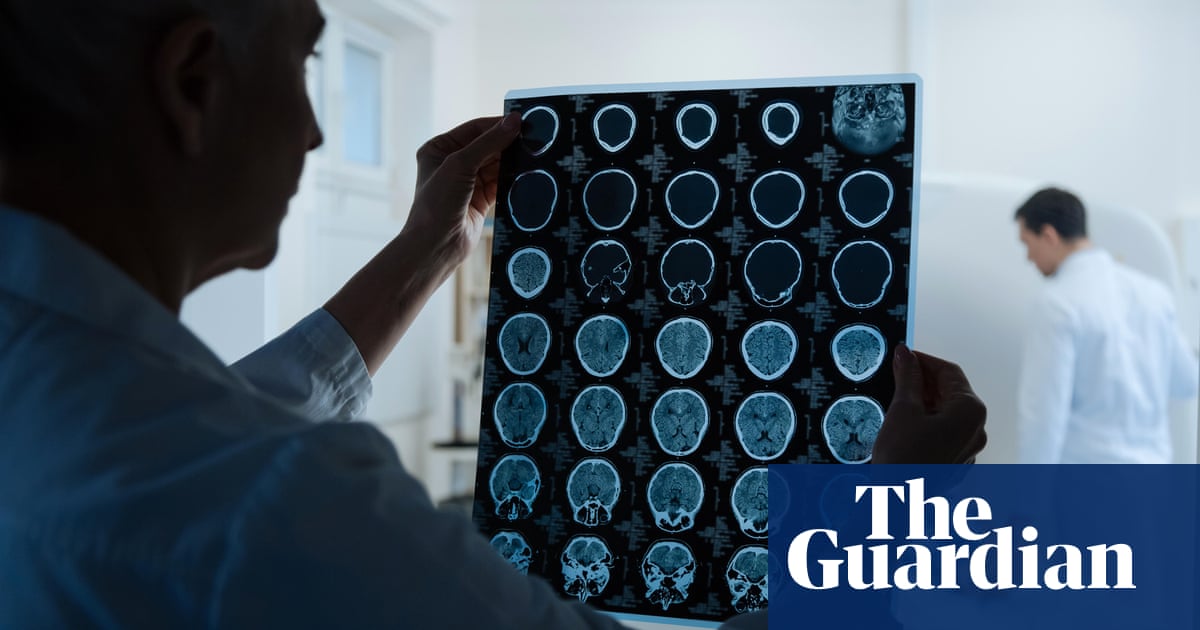‘Kinder’ treatment for childhood brain cancer to be offered by NHS in England
‘Kinder’ treatment for childhood brain cancer to be offered by NHS in England The Guardian


The NHS to Offer Groundbreaking Drug Therapy for Children with Brain Tumours

The National Health Service (NHS) in England is set to provide children with brain tumours a groundbreaking new targeted drug therapy, which is being hailed as the biggest breakthrough in decades by charities. This development aims to address the challenges associated with the standard treatment of chemotherapy, which can be harsh and carry various side-effects such as weight loss, seizures, and headaches.
A Kinder Drug Therapy Approved by NICE
The National Institute for Health and Care Excellence (Nice) has given the green light to a kinder drug therapy. Studies have shown that this therapy causes fewer side-effects, improves children’s response rate to treatment, and extends their survival time without disease progression.
Dabrafenib with Trametinib: A More Effective Treatment
Dabrafenib with trametinib has been found to halt tumour growth for over three times longer than standard chemotherapy for children with low-grade gliomas that have a specific genetic mutation. Additionally, this treatment helps spare many of the harsh side-effects associated with chemotherapy.
Availability and Administration
Initially, the treatment will be available on the NHS in England for individuals aged one to 17 with low- or high-grade gliomas that have a BRAF V600E mutation. This combination treatment can be administered at home, eliminating the need for hospital visits.
Targeting the Proteins Responsible for Tumour Growth
The drug therapy works by targeting the proteins produced by the altered BRAF gene, which are responsible for uncontrollable tumour growth.
Impact on Children with Gliomas
Gliomas, which grow in the brain or spinal cord, can be low grade (slow-growing) or high grade (rapid-growing and potentially fatal). In the UK, around 150 children are diagnosed with low-grade gliomas each year, while approximately 30 are diagnosed with high-grade gliomas.
Positive Results and Future Prospects
Clinical trials have demonstrated that this treatment not only has fewer side-effects compared to chemotherapy but also stalls the growth of low-grade gliomas for an average of about two years (24.9 months), more than three times longer than standard chemotherapy (7.2 months), according to NHS England. In some cases, tumours even disappeared, although longer-term follow-up is required.
Administration and Effects
Dabrafenib is administered as dissolvable tablets taken twice a day, while trametinib is an oral solution taken once a day. These drugs work together to block the growth signal from the mutant BRAF protein, potentially slowing or stopping tumour growth.
Reactions from Charities and Families
Dr Michele Afif, the chief executive of the Brain Tumour Charity, expressed delight at the approval of this new treatment, emphasizing its significance for affected individuals and their loved ones. Suki Sandhu, who lost her son to a high-grade glioma, welcomed the introduction of this therapy on the NHS, hoping that it will provide kinder treatment options and improve the quality of life for patients.
A Step Forward in Treatment
Prof Peter Johnson, the NHS England national clinical director for cancer, described this development as a significant step forward in treatment. It has been shown to be easier to take than chemotherapy and highly effective in blocking disease growth, allowing children and teenagers to have a better quality of life and spend more time with loved ones.
SDGs, Targets, and Indicators
| SDGs | Targets | Indicators |
|---|---|---|
| SDG 3: Good Health and Well-being | Target 3.4: By 2030, reduce by one-third premature mortality from non-communicable diseases through prevention and treatment and promote mental health and well-being | – The new targeted drug therapy for children with brain tumours can improve response rate to treatment and survival time without the disease getting worse. – The treatment causes fewer side-effects compared to standard chemotherapy. |
| SDG 9: Industry, Innovation, and Infrastructure | Target 9.5: Enhance scientific research, upgrade the technological capabilities of industrial sectors in all countries, in particular developing countries, including, by 2030, encouraging innovation and substantially increasing the number of research and development workers per 1 million people and public and private research and development spending | – The development of a groundbreaking new targeted drug therapy for children with brain tumours represents a significant innovation in the field of healthcare. |
| SDG 10: Reduced Inequalities | Target 10.2: By 2030, empower and promote the social, economic and political inclusion of all, irrespective of age, sex, disability, race, ethnicity, origin, religion or economic or other status | – The availability of the new treatment on the NHS in England ensures equal access to innovative therapies for children with brain tumours. |
Behold! This splendid article springs forth from the wellspring of knowledge, shaped by a wondrous proprietary AI technology that delved into a vast ocean of data, illuminating the path towards the Sustainable Development Goals. Remember that all rights are reserved by SDG Investors LLC, empowering us to champion progress together.
Source: theguardian.com

Join us, as fellow seekers of change, on a transformative journey at https://sdgtalks.ai/welcome, where you can become a member and actively contribute to shaping a brighter future.







